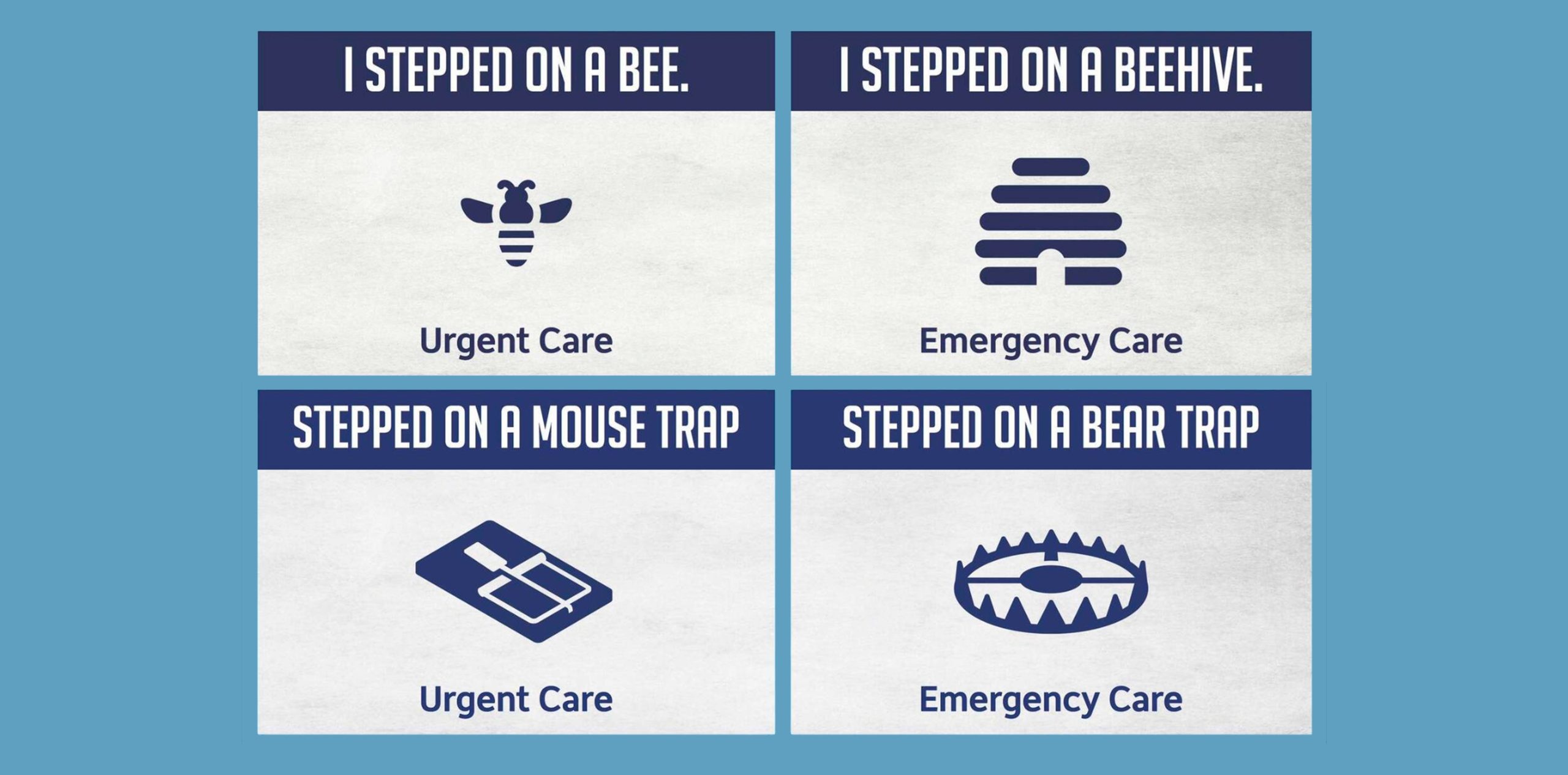Working in an Aboriginal Community-Controlled Health Organisation might be the key to professional satisfaction, according to the RACGP’s Health of the Nation report.
GP job satisfaction is on the rise this year, despite this year’s Health of the Nation report finding that seven in 10 GPs are burnt out, facing rising red tape and feeling undervalued.
Around 3000 working GPs, 200 non-practising GPs and 300 GP registrars completed the RACGP’s annual survey, which was officially released today after several weeks of previews.
Federal health minister Mark Butler said it was both “an incredibly important insight” into primary care and “not always pleasant reading”.
Other key findings to come out of the report were that female GPs spent an extra four-and-a-half minutes with patients per consult on average; the average fee for a 20-minute consult is now $78; and just 28% of GPs believe MyMedicare is good for general practice.
As foreshadowed by college president Dr Nicole Higgins earlier this year, there was an increase in the proportion of GPs who said they were satisfied with their job from 66% in 2023 to 73% in 2024.
Across different types of clinical models, GPs in solo practices were the least likely to report job satisfaction, followed by corporate practice GPs and non-corporate group practice GPs.
GPs working in an Aboriginal or Torres Strait Islander health setting reported the highest rate of job satisfaction, at 88%.
RACGP Aboriginal and Torres Strait Islander Health chair Dr Karen Nicholls told The Medical Republic that the setup of the Aboriginal Community Controlled Health Sector allowed GPs more time with patients.
“I think it is multifactorial, and some of that is around the work-life balance and the longer appointments … that the community-controlled model is modelled on,” she said.
“It allows doctors to practice the type of medicine that we want to be able to practice.”
The positive shift in job satisfaction came despite a 10-percentage point increase in the proportion of GPs who were dissatisfied with the amount of paperwork and administrative tasks, which has now reached 70%.
Related
Specifically, the RACGP said, the administrative burden has been exacerbated by changes to the MBS, reporting requirements related to telehealth bulk billing and the implementation of various payroll tax schemes.
When asked about challenges, 70% of respondents said they felt undervalued as a GP, two thirds said they struggled to understand and adhere to policy challenges and 60% said managing their workload was an issue.
The feeling of being undervalued was the second-most common factor cited by GPs leaving the profession.
Further to this, 70% of respondents either agreed or strongly agreed that they had experienced feelings of burnout during the last 12 months.
College president Dr Nicole Higgins told TMR that the increase in satisfaction was “huge” and reflected the injection of funding included in the 2023 May budget.
“The good news in it is that we’ve got more doctors wanting to train as GPs than we have training places for, and so we’re calling on the government to fund extra GP training places,” she said.
“That’s been a huge turnaround, and it’s because we’ve changed the narrative of general practice.”





